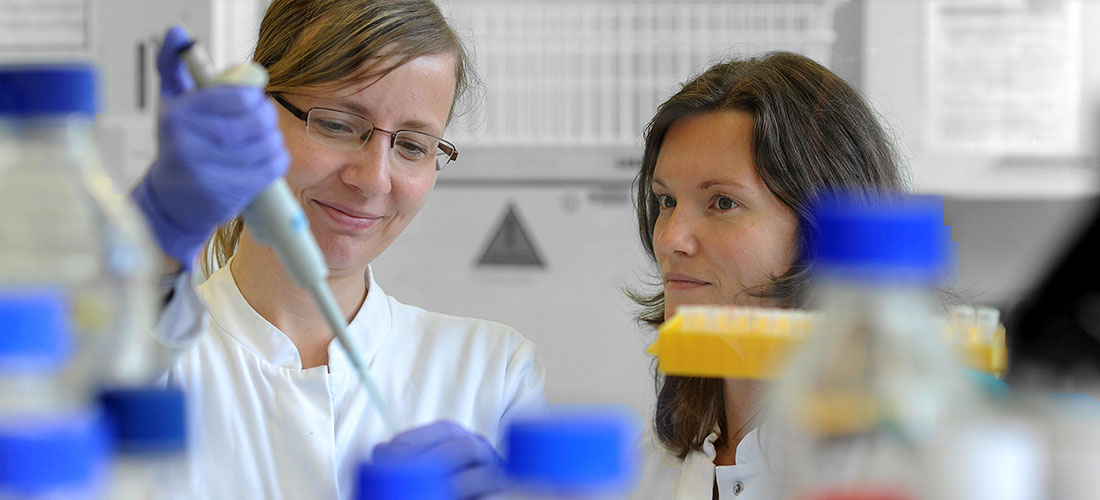B06: Preventing neuroblastoma relapses by molecular characterization and targeted elimination of minimal residual disease cells
Emergence of therapy-resistant relapses is one of the most urgent clinical challenges for neuroblastoma. Most high-risk tumors initially respond to standard-of-care therapy by complete clinical remission, but the majority of patients ultimately develop lethal drug-resistant relapses. The cells that survive therapy and mediate relapses have, thus far, escaped characterization, precluding a rational approach to prevent relapse. Novel gene mutations have traditionally been thought the source of resistance, but the low frequency of relapse-specific mutations in neuroblastoma challenges this model. Phenotypic plasticity of tumor cells has more recently been implicated in resistance. Neuroblastoma cells can adopt an immature mesenchymal (MES) or a lineage-committed adrenergic (ADRN) state. Cells in the MES state are resistant to chemotherapy and targeted therapies, suggesting they could survive during clinical remission. We hypothesize that (i) neuroblastoma cells surviving therapy to seed relapses have acquired their resistance by phenotypic plasticity and/or genetic mutations and (ii) that molecular definition of these minimal residual disease (MRD) cells will allow targeting them to prevent relapse development. We will identify these MRD cells in neuroblastoma mouse models, in which complete clinical remission can be induced. MRD cells and relapses will be analyzed by scRNA-seq and DNA sequencing to establish the role of phenotypic and genetic switches in the relapse process (Task 1). The phenotypic and genotypic data will be analyzed to identify candidate MRD-specific drugs that will be tested in vitro and in vivo (Task 2). The most promising MRD-specific treatments will be tested for their potential to prevent relapses by combining them with the treatments used to induce MRD in the mouse models (Task 3). Project B06 aims to identify treatment modalities to eradicate MRD cells. This will allow to prepare for clinical trials to abate neuroblastoma relapse in the subsequent CRC1588 phases.
PhD positions and place of work: 1
1 wet-lab with interest in bioinformatics (PIs: Rogier Versteeg and Annette Künkele, Charité Berlin)



